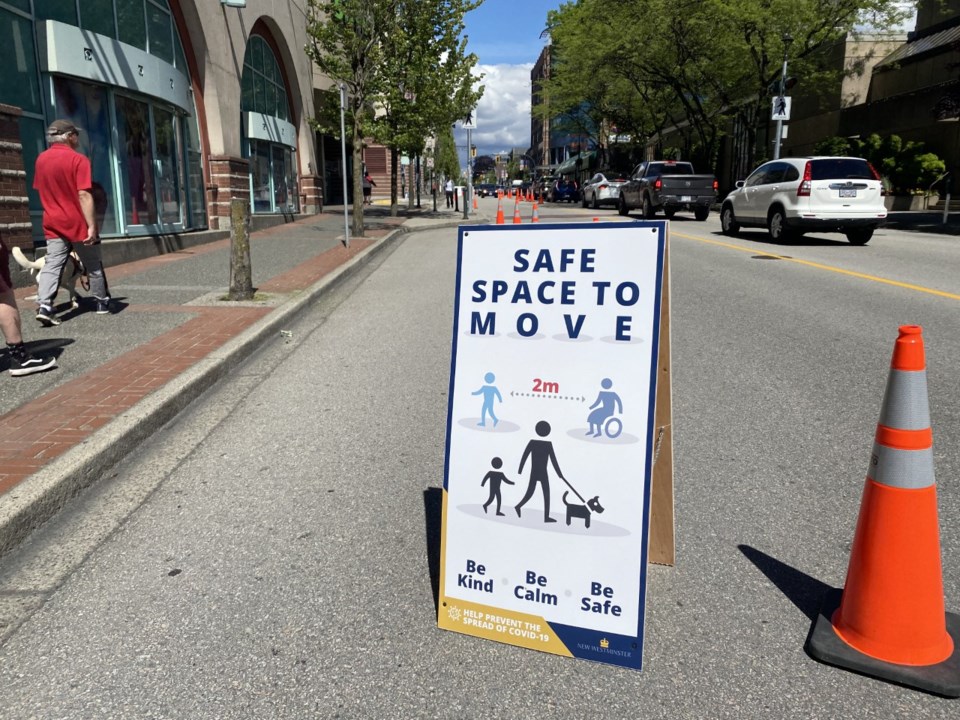New Westminster shouldn’t ease off its effort to tackle climate change because of COVID-19.
Council recently received a staff report from advisory committee, which is recommending that council continue moving forward with its Seven Bold Steps as a priority and seek federal funding for implementation of those initiatives. The report noted the committee discussed COVID-19 and its impact on climate action and the green recovery at its May meeting.
“The committee really wanted to endorse that they thought council should hear from them about how important moving forward with the Seven Bold Steps … is even at this time of COVID, recognizing that some of the impacts that we are seeing in COVID will be the same as the climate crisis,” said Coun. Nadine Nakagawa. “So they just really wanted to encourage council to keep going with this work and encourage city staff to keep doing the good work that they are doing.”
In November 2019, council approved Seven Bold Steps on climate action, which will see the focus on: carbon-free corporation; car-light community (including a goal of making 60% of all trips within the city be made by sustainable modes of transportation (walk, transit, bike, multi-occupant shared) by 2030; carbon-free homes and buildings; pollution-free vehicles; carbon-free energy; a robust urban forest; and quality people-centred public realm.
In a recent report to council, staff stated they believe there is alignment between the committee’s motion and the city’s strategic priorities, as staff is trying to advance climate action work through the COVID-19 recovery.
At their May 27 committee meeting, members of the environment and climate action advisory committee identified some priorities for the Seven Bold Steps.
- Accelerate the timeline for the tree plantings proposed in the urban forest management strategy, focusing on less green areas of the city such as Brow of the Hill.
- Address the potential of increased flooding from the Fraser River as a result of changing climate, rising sea levels and spring freshet.
- Reallocate road space for pedestrians.
- Reduce the number of cars on the street, including those passing through the city, and make it safer to bike around the community.
The committee also pointed out that if people continue to work from home at least one day a week once the pandemic is over it would help the city achieve its bold step of creating a car-light community. It also suggested the city needs to be educated about what is scientifically proven to work when it comes to the use of single-use plastics, such as disposable gloves.



